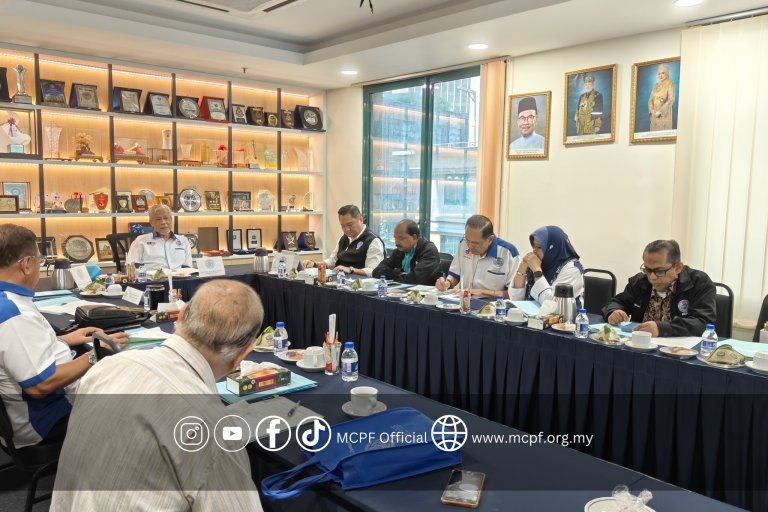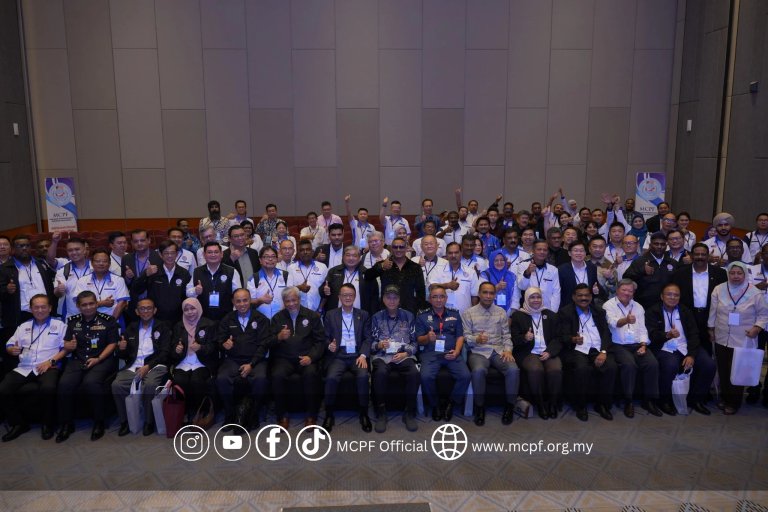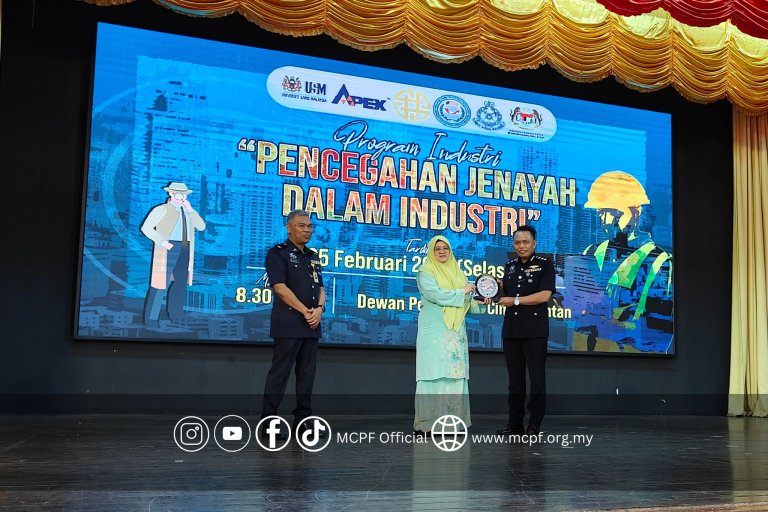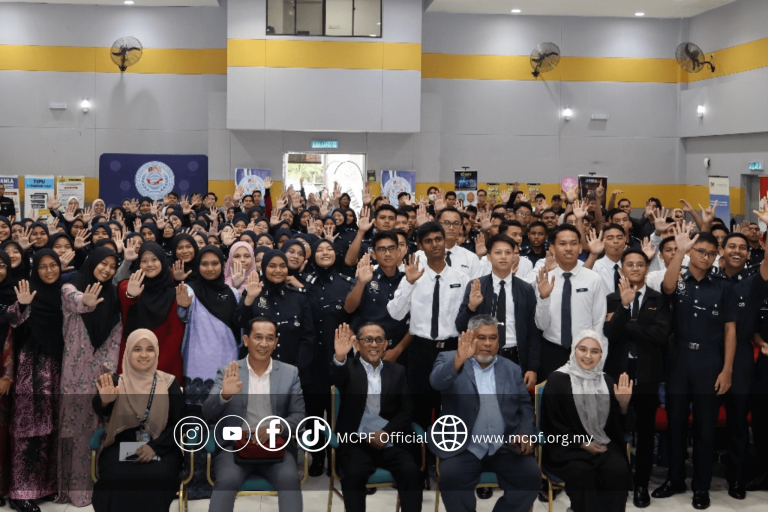Crime and criminal activities have become an issue of major concern to all Malaysians. We cannot recall a single day without a crime being committed be it street crime, violent or property crime. Many of these crimes are violent leaving a deep emotional scar on many victims.
In reality crime occurrences take place in every country as long as the root causes exist and as long as there are people with criminal tendencies and Malaysia is no exception.
To expect a nation totally free from crime is well nigh impossible. But what is possible is to take all the necessary measures to reduce crime occurrences or to prevent crime. And crime-prevention is a multi-sectoral, multi-disciplinary and integrated endeavour.
It has been proven that effective crime prevention enhances the quality of life of all citizens. There is clear evidence that well-planned and strategized measures not only prevent crime but also promote safe communities and contribute to sustainable development.
Undoubtedly the Government bears the major responsibility but the active participation of communities and other segments of civil society forms an essential and critical part of effective crime prevention.
Effective crime prevention has long-term benefits in terms of reducing the costs associated with the CRIMINAL JUSTICE SYSTEM as well as other costs that result from crime.
This is a challenging time for the Police as a law enforcer and it must use every means at its disposal to fight crime and protect the public.
Despite its crime reduction efforts the Police should relentlessly pursue its anti-crime agenda and put in a greater commitment to fight and prevent crime.
The occurrence of crime is a reminder that the people must never take their safety and security for granted.
That crime still remains the biggest concern among Malaysians is not surprising given the fact that those involved could have at some time been the victims of crime or whose relatives or close friends had been the target of criminals. Reading daily crime news in the media including the social media, facebook etc could also have resulted in a negative perception.
We should not look at this development negatively from the point of crime prevention. On the contrary it must be viewed positively.
The fact that crime is a major concern for Malaysians is a reflection of the growing public consciousness of the need to fight crime and to adopt a zero tolerance approach
towards crime. It also indicates that Malaysians want to see more efforts to tackle crime and that they are not taking crime lightly.
The Malaysian Crime Prevention Foundation (MCPF) welcomes this development and wishes to see this growing concern for crime translated into greater public participation and involvement in crime prevention programmes and activities organised by the Foundation.
More Malaysians of all races could and should be actively involved in crime prevention activities in their communities and neighbourhood. They should come forward to participate in crime-prevention programmes and activities initiated by either their own residents associations, trade organisations or any other NGOs to increase their awareness about what could and should be done to prevent crime.
The ultimate objective is to instill or inculcate a crime-prevention culture among members of the community so that no one will take safety for granted. What is also needed is to develop a zero tolerance attitude towards crime.
As crime eradication is the core business of the Royal Malaysian Police it has to continuously strengthen its capacity and resources and show outstanding performance based on its 4P Approach (i.e people-oriented, performance-oriented, people’s protector and proactive) to fight crime.
What the Police require is to achieve a higher crime solving rate through better performance and improved intelligence and information gathering to zero down on their targets.
The Police need to increase its policing effectiveness, adopt even better techniques and ways to deal with a changing landscape and enhance its role in the delivery and monitoring of policing services for the benefit of the people.
Sharing of best practices with police forces from developed countries will help PDRM to enhance its performance.
While much has been achieved to reduce crime, to me, the biggest challenge facing the Police is how to convince the public to buy-in the crime reduction rate and to overcome the fear of crime.
We have to be constantly conscious of how the public perceive police efforts in fighting crime and ways in which we can help not only to build positive public perception but also for the police to earn public trust and confidence by proving that our Force is truly professional and is able to discharge its role with integrity.
In addressing the perception issue, what is essential is not only to ensure the omnipresence of the police in all crime prone areas but also to ensure that the deployment of more police personnel on our streets will lead to more friendly interaction with the public and attending to their needs.
For example police personnel on motorbikes doing crime prevention rounds can stop at random in residential areas and talk to the residents to inquire into the concerns of the public.
In my meetings with the Police I often emphasize the need for them to enhance their communication skills to improve interaction when dealing with members of the public on crime issues.
The police needs to intensify training or undergo courses related to the soft skills of communication to enhance their interaction with the public when faced with difficult situations and foster goodwill.
With better communication skills, they will be able to discharge their duties professionally.
Even language courses in English or Mandarin could be conducted to help improve their linguistic skills.
TAN SRI LEE LAM THYE
VICE CHAIRMAN
MCPF







